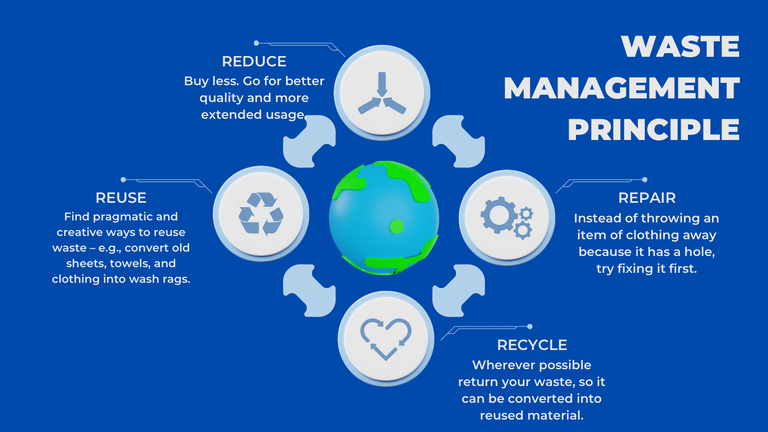
Global warming refers to the gradual increase in the Earth's average surface temperature due to the burning of fossil fuels and other human activities that release large amounts of greenhouse gases into the atmosphere. These gases trap heat from the sun, which causes the Earth's temperature to rise.
The effects of global warming are far-reaching and can be seen in many different areas of the planet. Some of the most significant effects include:
- Rising sea levels: As the Earth's temperature increases, the polar ice caps melt, causing sea levels to rise. This can lead to flooding of coastal areas and displacement of people living in low-lying areas.
- Increased frequency and severity of extreme weather events: As the Earth's temperature increases, the atmosphere can hold more water vapor, leading to more intense storms and flooding.
- Changes in precipitation patterns: As the Earth's temperature increases, precipitation patterns may change, leading to droughts in some areas and floods in others.
- Damage to ecosystems: As the Earth's temperature increases, many species are unable to adapt and their populations decline. This can lead to a loss of biodiversity and changes in the balance of ecosystems.
To prevent global warming, it is necessary to reduce the amount of greenhouse gases that are released into the atmosphere. This can be done by: - Switching to clean energy sources: Renewable energy sources such as solar and wind power do not produce greenhouse gases and can replace fossil fuels.
- Improving energy efficiency: Using energy more efficiently can reduce the amount of energy that needs to be produced, which in turn reduces the amount of greenhouse gases that are released into the atmosphere.
- Planting Trees and afforestation: Trees absorb CO2 from the air, which helps to reduce the amount of greenhouse gases in the atmosphere.
- Encourage people to use public transportation, bike or walk instead of driving alone
- Reduce consumption of meat and dairy products, as the livestock industry is a significant source of greenhouse gas emissions.
- Supporting government policies that address climate change and encourage the development of clean energy and energy efficiency technologies.

It is important for individuals, businesses, and governments to work together to reduce greenhouse gas emissions and slow the pace of global warming.